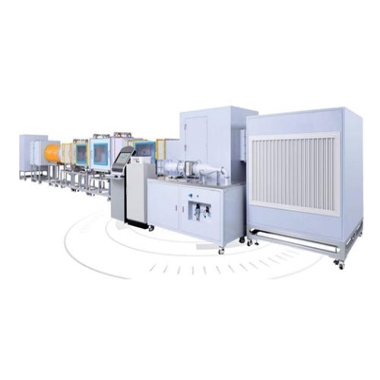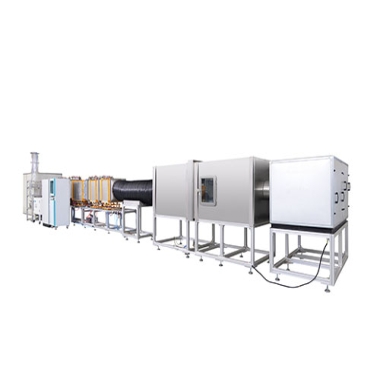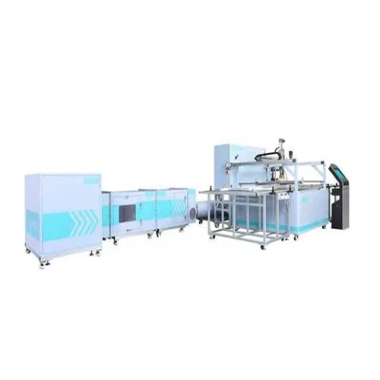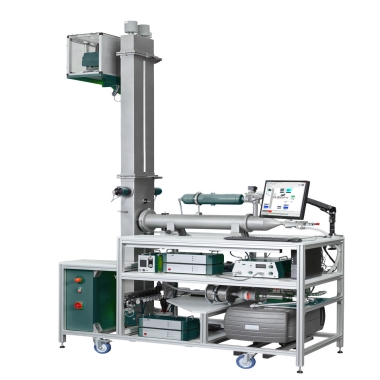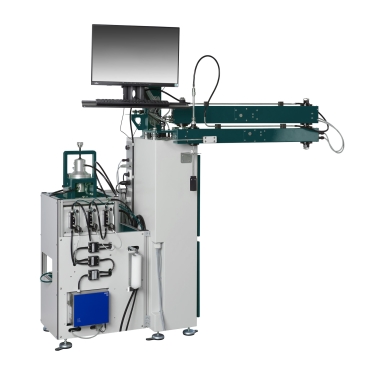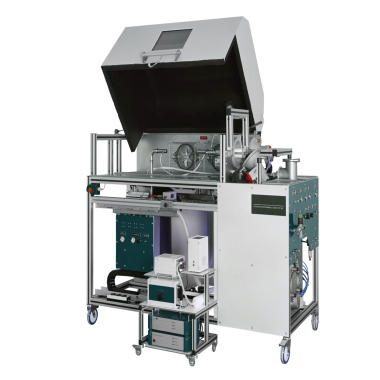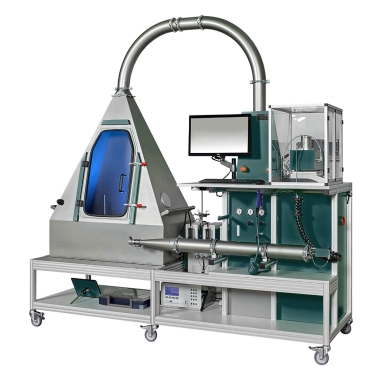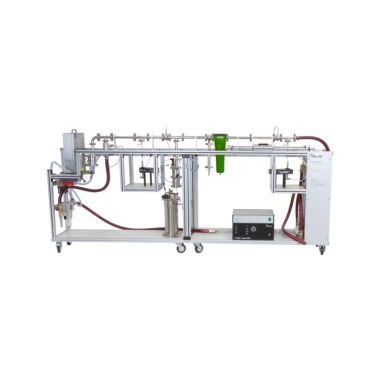Camera glue
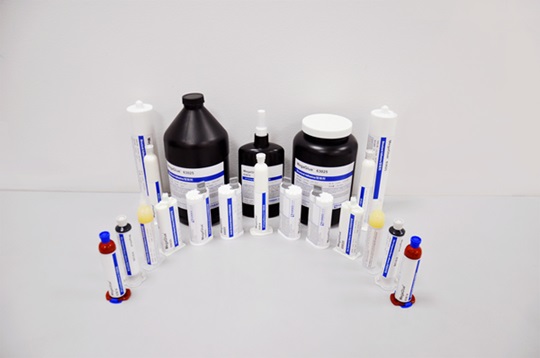
With the increasing public demand for consumer electronics and the development of autonomous driving, the demand for camera modules in the consumer electronics and automotive markets has grown significantly, and the demand for adhesive parameters in this application is also increasing.
For this market, our company continues to invest in R&D and technical resource development and innovation, and can provide everything from lens holder alignment, filter bonding, Lens bonding, lens barrel bonding, lens base bonding, FPC reinforcement, VCM motor Bonding, a full range of camera module bonding solutions including UV glue, UV thermosetting, low temperature epoxy and other technical categories.
Application fields
Mobile phone camera field: Mobile phone camera modules usually contain multiple precision components, such as lenses, image sensors, soft boards, image processing chips, etc. Glue is needed to firmly bond these components together to ensure that the camera maintains stable performance during long-term use, so as to adapt to the development trend of thinner and smaller mobile phones.
Security camera field: Security cameras need to operate stably outdoors for a long time, facing harsh weather conditions and possible physical damage. Glue is used for shell sealing to prevent moisture and dust from invading the interior of the camera and reduce the failure rate of the equipment; it is used for bonding and sealing of lenses to ensure clear and stable images; it can also be used to fix the camera and the bracket so that it can still be firmly installed when subjected to external forces such as vibration and impact.
In-vehicle camera field: The working environment of in-vehicle cameras is complex and needs to withstand conditions such as temperature changes, vibration and humidity. Glue is used for bonding lenses and lens holders, lenses and lens barrels to ensure that the lens will not loosen or shift under vibration and impact during vehicle driving, ensuring image quality; it can also be used to fix the camera module and the body to ensure the stability and safety of the camera during vehicle driving.
Industrial inspection camera field: Industrial inspection cameras usually need to work in harsh environments such as high temperature, high humidity, and high dust, and have high requirements for the weather resistance, chemical corrosion resistance, and bonding strength of the glue. Glue is used to protect the optical and electronic components inside the camera to prevent them from being affected by the external environment, ensure the long-term stable operation of the camera in harsh industrial environments, and provide reliable detection methods for industrial production.
Advantages
Excellent bonding performance: It has good bonding effects on a variety of materials, such as glass, plastic, metal, ceramics, etc., which can ensure that the various components of the camera are firmly connected together, and it is not easy to loosen or fall off during long-term use, ensuring the stability and reliability of the camera.
Good optical properties: Some camera glues have optical properties such as high transmittance, low refractive index, and low haze, which can reduce the scattering and reflection of light in the lens, improve imaging quality, and ensure that the camera captures clear, bright, and real images.
Good flexibility and impact resistance: The cured glue layer has a certain flexibility, which can adapt to the vibration and impact of the camera during use, and is not prone to cracking, brittleness, and other problems, which improves the camera's shock resistance and durability.
Environmental protection: Some camera glues use environmentally friendly formulas such as low halogen and low volatile organic compounds (VOC), which comply with EU REACH, ROHS and other environmental protection standards, are harmless to the environment and human health, and also meet the development trend of green and environmentally friendly electronic products.
Leave Message Get Price



